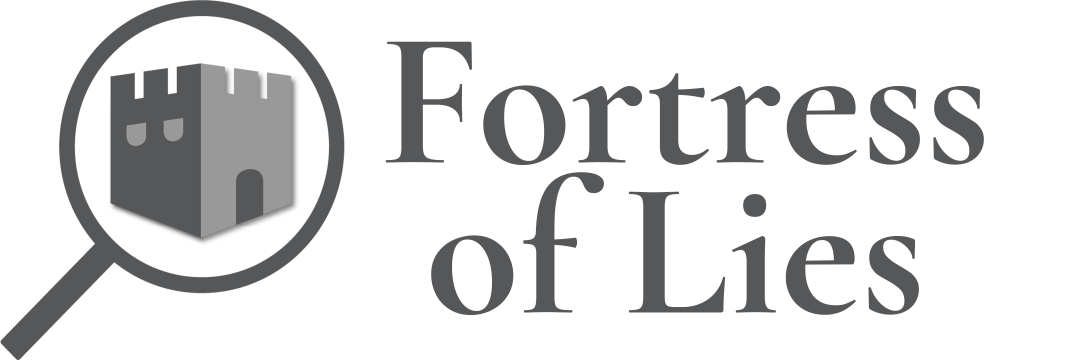Definitions from Oxford Languages · Learn more
mine1
pronoun
pronoun: mine
used to refer to a thing or things belonging to or associated with the speaker.
“you go your way and I’ll go mine”
determinerARCHAIC
determiner: mine
(used before a vowel) my.
“tears did fill mine eyes”
Origin
Old English mīn, of Germanic origin; related to me1 and to Dutch mijn and German mein .
mine2
noun
noun: mine; plural noun: mines
an excavation in the earth for extracting coal or other minerals.
“a copper mine”
a type of bomb placed on or just below the surface of the ground or in the water that detonates when disturbed by a person, vehicle, or ship.
“his jeep ran over a mine and he was killed”
HISTORICAL
a subterranean passage under the wall of a besieged fortress, especially one in which explosives are put to blow up fortifications.
verb: mine; 3rd person present: mines; past tense: mined; past participle: mined; gerund or present participle: mining
1.
obtain (coal or other minerals) from a mine.
“the company came to the area to mine phosphate”
obtain units of (a cryptocurrency) by running a computer process to solve specific mathematical problems.
“if you’re mining bitcoin you need to do it faster than anyone else”
3.
lay explosive mines on or just below the surface of (the ground or water).
“the area was heavily mined”
“HMS Ocean was mined in the Dardanelles in 1915”
Origin
late Middle English: from Old French mine (noun), miner (verb), perhaps of Celtic origin; compare with Welsh mwyn ‘ore’, earlier ‘mine’.



